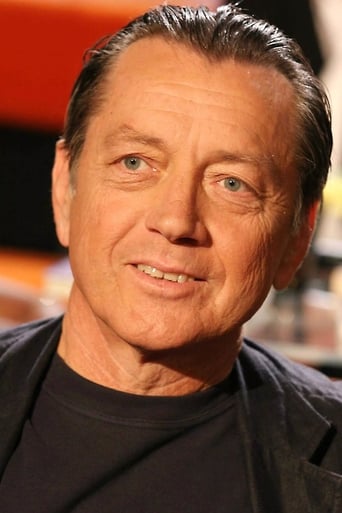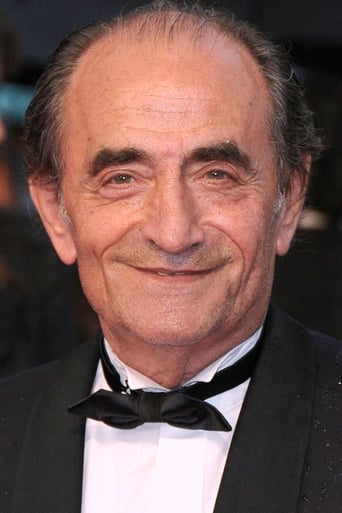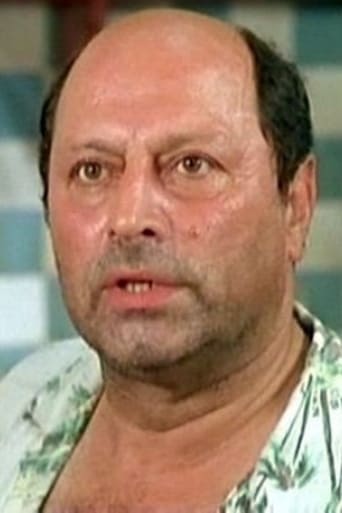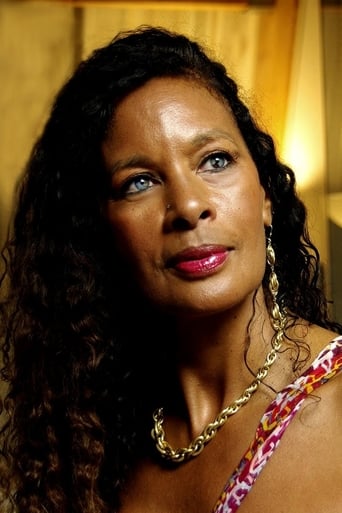Mjeteconer
Just perfect...
FeistyUpper
If you don't like this, we can't be friends.
Platicsco
Good story, Not enough for a whole film
FuzzyTagz
If the ambition is to provide two hours of instantly forgettable, popcorn-munching escapism, it succeeds.
GrandeMarguerite
Although I don't want to write a tribute to Bernard Giraudeau with this review, I have to say that his death three days ago (on July 17, 2010) has affected me and it is not without some afterthoughts that I write this. One of the leads of French cinema in the 1980s, Bernard Giraudeau was never satisfied with his persona on screen: cast as a seducer in his first films, he later played more tortured characters. Jean-François de La Plaine, the main character of "Les caprices d'un fleuve", belongs to this category and is certainly a complex one. In 1786, after a duel, this French aristocrat is exiled to a French colony in West Africa on the banks of the Senegal river. There, as governor, he presides over a thriving slave trade. He takes a Mulatto woman as his lover and slowly awakens to love for a young local girl named Amélie.Giraudeau, an actor/director/writer noted for his humanism, apparently wanted to tell a sort of philosophical tale. Indeed, there is a parallel between the distant tumults of the French revolution and its aftermath and La Plaine's experiences in Africa, as he moves from a world where slavery and privileges go unquestioned to wider horizons; yet as France is in turmoil, time seems to stand still on the coast of Senegal. Giraudeau had definitely something to say on the color of love and prejudice. His film conveys nicely his message, but not always in the best way. On the positive side, "Les caprices..." has a good and concerned supportive cast (after shooting this film, Richard Bohringer took the Senegalese citizenship), a sumptuous cinematography and a beautiful score, a superb mix between 18th century music and African music. But unfortunately the weak characterization and the languid pace turn the film into a rather cold piece of work, when this universal story should have been more touching and moving to allow the viewer to reflect on human condition. In spite of a good and original script, I have to say that Giraudeau did not fully attain his goal. However, "Les caprices..." is worth watching, at least for some valuable lessons in History.
etoukesteph
This story tells of the encounter of many Europeans with the 'Black Continent' in the late 19th Century, and of lessons drawn from this. Much came as a consequence of this encounter between both cultures; quite often children were left behind and the traces of an oppressive invading force left as a souvenir, the indisputable effect of the Whiteman's coming is that of deeply transformed society.A rare contrast as compared to the often one-sided pictures on the early European arrival on Africa, this story describes the unfinished love story between the 'Old Continent' and the 'Black Continent'. What emerges is a race haunted by quite eternally unanswered questions on the choice of Europe or Africa as home, or on the colour of love.A brilliant cast, with Bernard Giraudeau and Richard Bohringer.The art work is quite an impressive; a beautiful capture of the local folklore and its reaction to European invasion.
dbdumonteil
Bernard Giraudeau has always been one of the most ambitious actors of his generation,but his parts were sometimes below par.Fortunately,Scola and Ozon provided him with roles worthy of himself.He tackled directing with a very interesting work "l'autre" ,some kind of Wilder's "the big carnival" in reverse ."Les caprices d'un fleuve" is ,at least to my eyes, not as moving as his debut,but it nevertheless displays a demanding side which we already felt in "l'autre".Adapting himself the account of a noble who lived circa 1789,Giraudeau makes an endearing if sometimes dragging movie.When this gentleman was exiled in 1987,it was the end of an era,and like La Fayette some years before,the hero discovers wider horizons which make the enclosed atmosphere of Versailles -see the first sequences which feature Jean-Claude Brialy,Lambert Wilson,and other luminaries in cameos- stifling.A marvelous cinematography makes up for the slow progress of the story.Time seemed to stand still in this Africa and his inhabitants whose main wealth stemmed from slavery ,whereas in France,it moved at the speed of sound.A revolution happened in the country of Voltaire and Rousseau..And yet ...we learn that one of the" heroes "of this revolution dabbles with slaves trade!Giraudeau's hero ,who does not believe in the values of the European "civilization" anymore,has a child with a black woman,and braces himself to an uncertain future.





